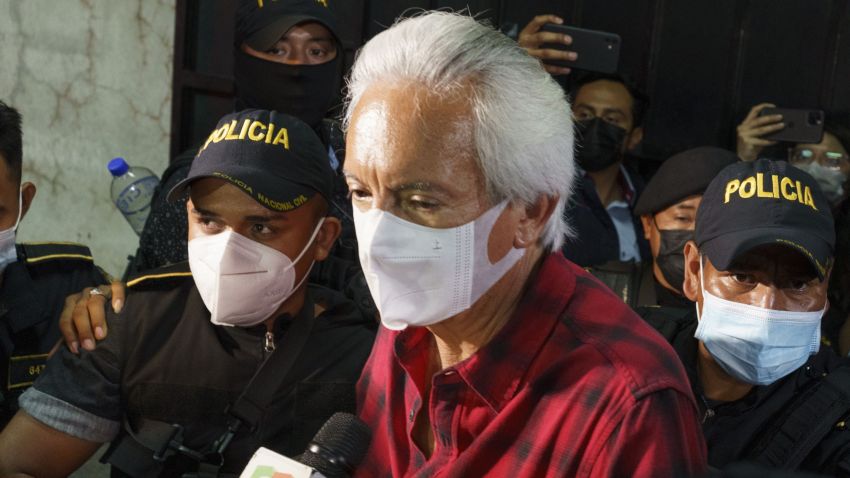A few years ago, Guatemala became an unlikely beacon of hope in what had seemed an impossible battle: uprooting deeply entrenched corruption from a struggling, impoverished country. With the help of a United Nations-backed, mostly-U.S.-funded body called the International Commission Against Impunity in Guatemala, or CICIG, local prosecutors had successfully investigated and prosecuted countless powerful figures. Incredibly, after popular protests were able to push a sitting president and vice president out of office, prosecutors were able to secure their conviction for outrageous acts of theft that essentially amounted to stealing from the poor.
Fast forward half a decade, and Guatemala has retreated back into impunity—and worse. Corruption doesn’t stay in its own lane. To defend high-level misdeeds, institutions must be co-opted; rule of law must be leveraged; and critics must be silenced. Inevitably, corruption kicks off processes that assault individual freedoms, especially freedom of speech, and particularly among those raising the alarm.
On July 29, Guatemalan police arrested Jose Ruben Zamora, one of the country’s most prominent journalists and publisher of El Periodico, a newspaper that has made it its mission to shine a beam on corruption. The arrest was a landmark moment in Guatemala’s repressive efforts to protect its newly invigorated culture of graft, and an ominous lurch toward authoritarianism in a region where democracy, with its shallow roots, is getting trampled. As he was being led into the building where he would be charged, Zamora told supporters, “We live in a narco-klepto-dictatorship.”

